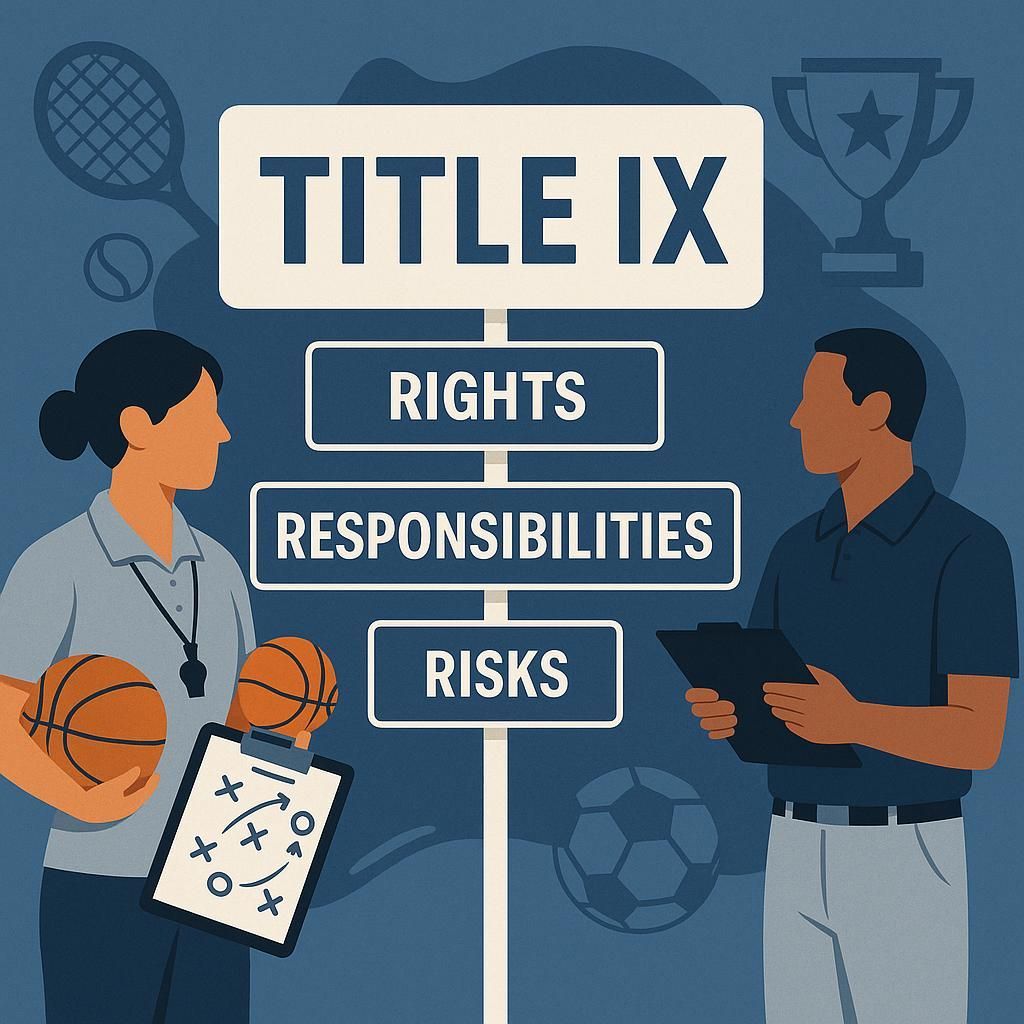What to Do When the Car Owner Dies in Texas: Steps to Transfer the Vehicle Title
When a car owner passes away in Texas, the process of transferring the vehicle's title to a surviving spouse, child, or another family member can feel overwhelming. Navigating the legal requirements and understanding how to transfer a car title when the owner is deceased in Texas is essential for ensuring that the new owner can legally claim ownership of the vehicle.
This article will explain the steps to follow when transferring a car title after the owner dies, with specific guidelines for transferring a car title from a deceased parent, spouse, or other family members. We will cover the necessary documentation, legal requirements, and tips for avoiding common mistakes.
How Do You Transfer a Title of a Car After the Owner Dies in Texas?
Transferring a car title after the death of the owner in Texas involves several steps that must be followed carefully to ensure compliance with state law. Below is a basic outline of the process:
1. Gather the Necessary Documents
The first step in transferring a car title is to collect the required documentation. The following documents are typically needed:
- The death certificate of the deceased owner.
- The vehicle’s current title (if available).
- Proof of your relationship to the deceased (e.g., marriage certificate, birth certificate).
- Affidavit of Heirship for Motor Vehicle (if the vehicle is being transferred to an heir without probate).
2. Determine if Probate is Necessary
In some cases, you can transfer the car title without probate. However, if the deceased person’s estate is being probated, the probate court may need to approve the transfer of the car title. The need for probate largely depends on whether the decedent left a will or other estate planning documents and the size of the estate.
For small estates, an Affidavit of Heirship or Small Estate Affidavit may suffice, especially when the car is one of the only assets.
3. Fill Out the Required Forms
You will need to fill out the necessary forms, including:
- Application for Texas Title (Form 130-U): This form is required to apply for a new title in your name or another heir’s name.
- Affidavit of Heirship for a Motor Vehicle: This document is necessary if the deceased owner did not leave a will, allowing heirs to claim the vehicle without going through probate.

How to Transfer Car Title from Deceased Husband to Wife
If you are a surviving spouse, transferring a car title from a deceased husband to yourself in Texas is generally straightforward. You can often use an Affidavit of Heirship for Motor Vehicle, provided no probate is required, and there are no disputes among the heirs.
Steps for a Spouse:
- Provide a copy of the death certificate.
- Complete the Application for Texas Title (Form 130-U).
- Submit the completed Affidavit of Heirship and supporting documents.
- Pay any applicable fees for the title transfer at the Texas Department of Motor Vehicles (DMV).
The Texas DMV will issue a new title in the surviving spouse’s name once the required paperwork is processed.
How to Transfer Car Title from Deceased Parent
Transferring a car title from a deceased parent to a child can be a bit more complicated, depending on whether the estate is going through probate. However, if probate is unnecessary, you can use an Affidavit of Heirship for Motor Vehicle to transfer the title.
Steps for a Child Heir:
- Obtain a certified copy of the death certificate.
- Gather documentation proving your relationship to the deceased (e.g., birth certificate).
- Complete the Application for Texas Title (Form 130-U).
- Submit the Affidavit of Heirship along with other required documents to the county tax office or Texas DMV.
If the estate is not subject to probate and the car is one of the primary assets, the title transfer process is typically simple. However, consulting an attorney can help ensure everything is handled correctly.
Initial Steps to Transfer Car Ownership When the Owner is Deceased in Texas
When the sole owner of a vehicle passes away in Texas, the first steps in transferring car ownership are crucial. Before the transfer of ownership can take place, it’s important to gather the required documentation and follow the legal process to avoid any complications. The deceased person’s personal representative, whether an executor or an heir, will usually be responsible for initiating the process.
To begin, you will need the following information:
- A certified copy of the deceased person's death certificate.
- The vehicle's title (if available) or a request for a duplicate title if it has been lost.
- Proof that you are the executor or legal heir, such as letters of testamentary.
Once you have gathered these documents, the next step is to fill out the necessary forms, including the Application for Texas Title (Form 130-U), and submit them to the Texas Department of Motor Vehicles (DMV). If the estate is going through the probate process, the court must issue the appropriate letters authorizing the transfer of the vehicle.
This process ensures that the title is legally transferred to the new owner, allowing the surviving owner or heir to sell, keep, or otherwise manage the vehicle as part of the deceased person’s assets. The DMV will then issue a new title to the applicant once the required steps are completed, along with any applicable transfer fees.
This is just one part of the larger process of managing a deceased person's assets, and it’s important to follow Texas laws carefully when transferring ownership.
Transfer Car Title for Deceased Owner: Key Considerations
When dealing with the transfer of a car title after the owner has passed away, several important considerations must be taken into account. Some of these include:
- Probate or No Probate?: If the deceased owner’s estate is being probated, the court must approve the title transfer. For smaller estates, probate might not be necessary, allowing for a quicker transfer via an Affidavit of Heirship.
- Outstanding Loans or Liens: If there is a loan or lien on the vehicle, the lienholder (such as a bank or finance company) must be involved in the transfer process. The vehicle cannot be transferred until the loan is satisfied.
- Filing Fees: Texas DMV charges filing fees for title transfers. Be sure to check the current fee structure before submitting your paperwork.
What If There’s No Will?
When a car owner dies without a will, the title transfer process can become more complicated. The vehicle may need to be transferred to the legal heirs as determined by Texas intestacy laws, which outline who inherits the estate based on the family structure.
In cases without a will, an Affidavit of Heirship for Motor Vehicle is a crucial document. This affidavit allows the heirs to transfer the car title without the need for formal probate. To do this:
- The affidavit must be signed by two disinterested witnesses who have knowledge of the decedent’s family history.
- The completed affidavit should be submitted to the Texas DMV along with other required documents.
Common Mistakes to Avoid When Transferring a Car Title
When transferring a car title from a deceased owner, there are several common mistakes that can cause delays or legal issues:
- Failing to Check for Outstanding Liens: Make sure the vehicle has no unpaid loans or liens before starting the title transfer process.
- Incomplete Documentation: Be sure to gather all necessary forms and documents, including the death certificate, affidavit of heirship, and title application, before visiting the DMV.
- Skipping Probate When Necessary: In some cases, skipping probate can cause issues later on, especially if other heirs contest the transfer of the vehicle.
How a Lawyer Can Help with Car Title Transfers in Texas
Navigating the legal requirements for transferring a car title when the owner is deceased in Texas can be complicated, especially if the estate is large or there are multiple heirs. Hiring an experienced attorney can help ensure the process goes smoothly. An attorney can:
- Determine whether the estate needs to go through probate.
- Assist in preparing and filing the Affidavit of Heirship.
- Ensure all legal requirements are met, avoiding potential legal disputes.
Contact Us for a Free Consultation
If you need help transferring a car title after the death of the owner in Texas, we’re here to assist. At Masterly Legal Solutions, we specialize in guiding clients through complex estate matters, including vehicle title transfers. Our experienced legal team will ensure that all paperwork is properly completed and filed, helping you avoid common legal pitfalls.
Contact us at (972) 236-5051 to book a free consultation and let us help answer any questions you have regarding the title transfer process. Our legal expertise will help you navigate the process smoothly and efficiently.
Disclaimer: This article is for informational purposes only and does not constitute legal advice. Please consult with a licensed attorney for specific legal guidance regarding your situation.

Looking for Legal & Business Solutions? Contact Us Now
Fill in the form or call us to set up a meeting













